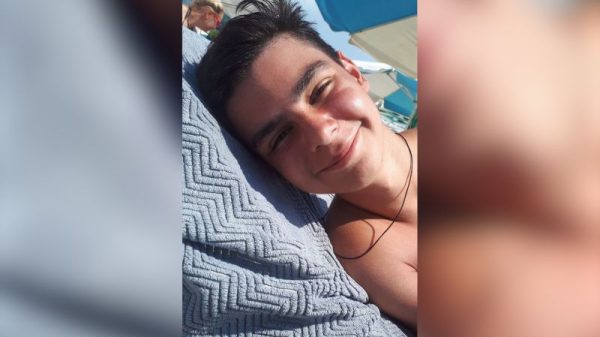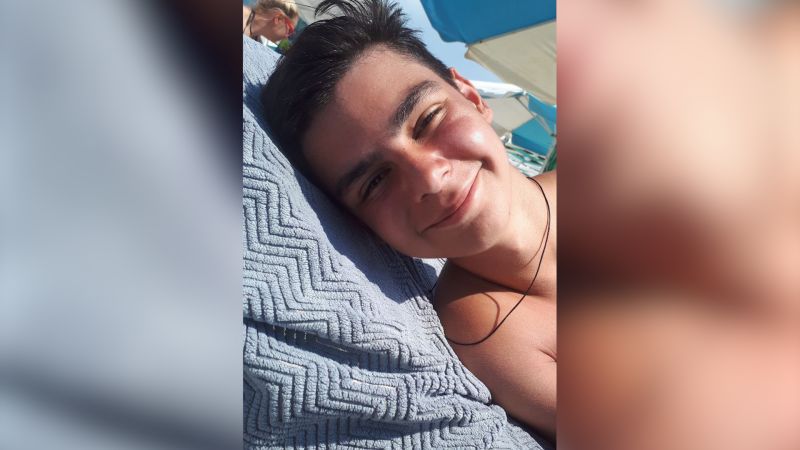Over the recent years, Russian teenagers have faced increasing persecution on account of expressing their opinions, a testament not only to the potency of their voices but also to the severity of Russia’s political climate. The situation has risen to the point where these young Russians’ freedoms are stifily restricted, significantly limiting their rights to free expression.
One of the most concerning aspects of this issue is a controversial law, Article 282, introduced by the Russian government. Under this law, any form of dissent regarded as ‘extremist’ is punishable. The government’s interpretation of what qualifies as extremist is disturbingly loose, and its use of this law has been criticized as part of an effort to silence any opposition voices. This has led to severe criminal charges for factors as innocuous as blog posts, song lyrics, or reposting of memes on social media platforms.
A prominent example is a case involving a 19 year-old Russian teenager, who faced criminal charges for reposting a series of memes on a social media platform. The content of these memes – irony-laden commentary about the church and the government, among other themes – was perceived as ‘offensive’ and ‘insensitive’ by Russian authorities, leading to a criminal suit against the teenager.
Fantasizing about basic human interaction, like hugging someone, seems to be a harmless thought for a citizen in a democratic country. However, the reality is woefully contrary for Russian teenagers brave enough to voice out against the government and the oppressive legislation. The longing for a simple hug has become symbolic of their yearning for freedom, and the ability to express themselves without fear of retribution.
This brings to light the mental and emotional toll these young individuals face. The fear of getting caught is so pervasive that it leads to self-censorship as a survival tactic, limiting their interaction with peers and the world outside. The walls of privacy and security, fundamental to the sustenance and growth of any teenager, are shrinking, replaced by an atmosphere of paranoia and fear. This isolation is contrary to their development and can lead to severe long-term impacts on their emotional and mental health.
Moreover, despite international outrage, these young dissenters’ plight continues to be overlooked within Russia. While national newspapers and television channels widely consider this issue as politically driven propaganda, the harrowing reality faced by these teenagers are given scant attention. Such neglect only exacerbates their struggles and highlights the need for increased awareness and discourse around this issue.
It is also essential to note the determination these teenagers demonstrate despite their dire circumstances. Despite the fear, tirelessly, they find ways to express their dissent, demonstrating utmost bravery in the face of oppression. They stand as symbols of resistance, testifying to the strength and resilience of the human spirit even at such a young age.
In conclusion, this alarming situation somehow sheds light on the dire conditions under which freedom of expression struggles in some parts of the world. Russian teenagers, in their yearning for basic interaction and freedom, teach us the value of rights that are otherwise taken for granted. Amid their experiences, their resilience inspires a strong call for true freedom and authentic transformation. The battle is ongoing, and the hope is that it will gain much-needed momentum through international support and intervention, a dream that persists for these brave young individuals – a dream of a day when they can wrap their arms around a friend without the fear of reprisal. Their courage in the face of such adversity urgently calls for international attention and action to ensure their freedom of expression and basic human rights.





















